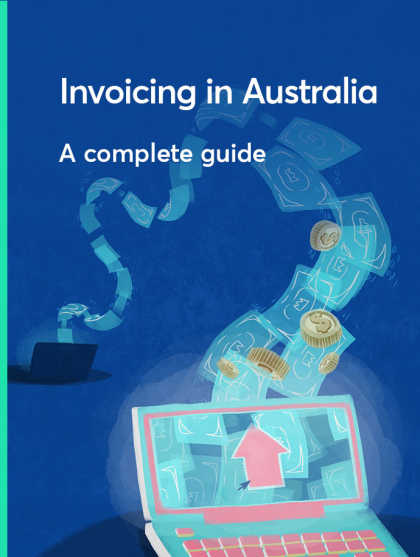
What are the advantages of using invoices?
Last editedFeb 20202 min read
Advantages, disadvantages and use cases of invoice billing.
What are the advantages of using invoices?
To put it simply, you have the right to be paid for your work – and an invoice sets out the terms by which you expect to be paid. These terms should be made clear at the start of a trading relationship, of course, but your invoices formalise your demand for payment.
An invoice has several major advantages:
It prompts your customers to pay you. If upfront payment is not required, a customer is unlikely to pay you without receiving an invoice first. It’s rare to be paid for goods or services you've provided before an invoice has been issued. Sending an invoice makes your requirement for payment formal.
Invoices remind clients of the work completed or goods provided. An invoice is an itemised bill, so your customer can see what they’re getting for their money. They are more likely to value your work as a result.
They’re a useful record-keeping tool. The Australian Taxation Office requires businesses to keep tax records for at least five years, or seven years for charities. Invoices are evidence of work carried out and charged for, so it's important that you keep a copy of each one you send. If you don't keep such records, you may even be fined by the Taxation Office.
Invoices can promote a positive message about your company and brand. Every invoice you send is a branding opportunity, so be sure to include your company logo and website address, and use professional language throughout. Spend some time creating invoice templates that show your business at its best. Pay a designer to help, if necessary. Be professional in your invoicing process too. Efficient invoice generation and payment collection can improve customer satisfaction, but lazy or aggressive invoicing can easily damage a company’s reputation.
What are the disadvantages of using invoices?
There are some possible disadvantages to using invoices. However, these are mostly a reflection of poor management and processes, not the use of invoices in itself:
If your invoices are late, vaguely worded or lack the necessary information, they might be wrongly interpreted or disputed. That may delay payment.
If you're not completely precise when itemising product sales or hours of work undertaken, your invoice may be challenged by the customer. A good invoice should be clear, detailed, and precise.
If you send your invoices late, your customers may feel relaxed about settling the debt. Invoices should be sent immediately, to remind the client that they must pay promptly. As soon as you've finished the work, send your invoice.
Invoices aren't suitable for all types of payment. For example, if there is no ongoing relationship with the customer or if payment is required upfront, an invoice may not be appropriate. If in doubt, talk to your accountant or bookkeeper.
Interested in collecting payments by Direct Debit?
Find out if online Direct Debit is right for your business
